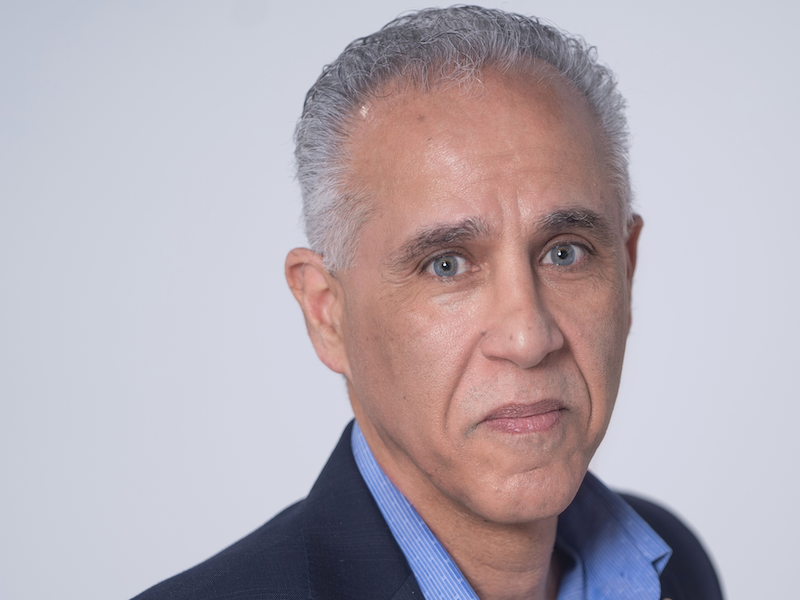
A pilot project between Sun Life Canada and CloudMD found employees who had access to a mental-health coach and targeted interventions at the early stage of a mental-health challenge saw significant reductions in their symptoms over time, as well as lower short-term disability durations for those who took leave.
“Early detection initiatives can really enhance the well-being of the individual,” said Sam Mikail, director of mental-health solutions for group claims at Sun Life, during Benefits Canada’s 2022 Mental Health Summit in November. “They can certainly reduce health-care costs and obviously contribute to economic success of the employer and the community.”
During the pilot project, Sun Life and CloudMD invited roughly 10,000 Canadian employees to conduct a self-directed risk assessment, which was comprised of a series of psychometric measures for certain mental-health conditions.
Read: Sun Life piloting virtual mental-health coach
After receiving the digital report with a risk rating for each condition, employees had the opportunity to book an appointment with a mental-health coach and meet with them as many times as needed or receive a tailored wellness plan even if they declined to meet with the coach.
According to results from the project, 16 per cent of employee participants set up an account with the mental-health coach, 84 per cent of that group completed the risk assessment and about 60 per cent of those who completed the risk assessment attended a coaching appointment. Mikail said 80 per cent of employees who engaged with the service had moderate to high mental-health symptoms and the most common mental-health concerns were depression, anxiety and sleep issues, “so the service was getting to the right people.”
Mental-health coaches provided 15 per cent of participants with lifestyle interventions aimed at enhancing self-care, 14 per cent with meditation resources and 13 per cent with sleep hygiene resources. For those who required treatment, 59 per cent were referred to private psychotherapy, 18 per cent to their employee assistance program and 16 per cent to the public health-care system.
The service had major benefits for participants. Nearly three-quarters (74 per cent) of employees reporting symptoms of general anxiety experienced a reduction in their symptoms, 65 per cent of those with depression symptoms saw an improvement and 69 per cent of those with sleep issues experienced symptom reduction. Short-term disability durations for those who went through the program were three per cent shorter than those who didn’t and program participants took 21 per cent fewer sick days than non-participants.
Timely access to mental-health supports is increasingly difficult for employees to obtain, said Mikail. Citing research from Statistics Canada, he said roughly 5.3 million Canadians reported the need for mental-health services, but 22 per cent of that group said their need was only partially met and a further 21 per cent reported their needs weren’t met at all.
He also noted the majority of Canadians rely on their general practitioner, but two-thirds of GPs have said they feel unprepared to respond to the mental-health needs of their patients. Once referred out to a specialist, Canadians often face months-long wait times.
These barriers to access come at a time when Canadians’ mental well-being has been battered by the coronavirus pandemic. A recent Angus Reid survey found 54 per cent of Canadians experienced a deterioration in their overall physical and mental well-being, while 56 per cent felt their sense of optimism decline. And a quarter (25 per cent) of the Canadian population had been diagnosed with depression as of April, an increase from 20 per cent pre-pandemic.
“Having a mental-health coach that serves as a guide that’s really connecting their recommendations with what the available resources are given the person’s extended health-care plan can make a tremendous, tremendous difference,” said Mikail.
He emphasized the importance of a strong benefits communications plan so employees know what programs are available and a thorough and supportive workplace mental-health strategy. To build that strategy, he suggested employers begin with an “environment scan” to identify existing strengths within the organization, gaps in care and employees or entire teams that are at risk for stress-related mental health issues.
Mikail also said a mental-health strategy won’t be as effective without education for managers, a leadership commitment to mental health and a focus on stigma reduction.
